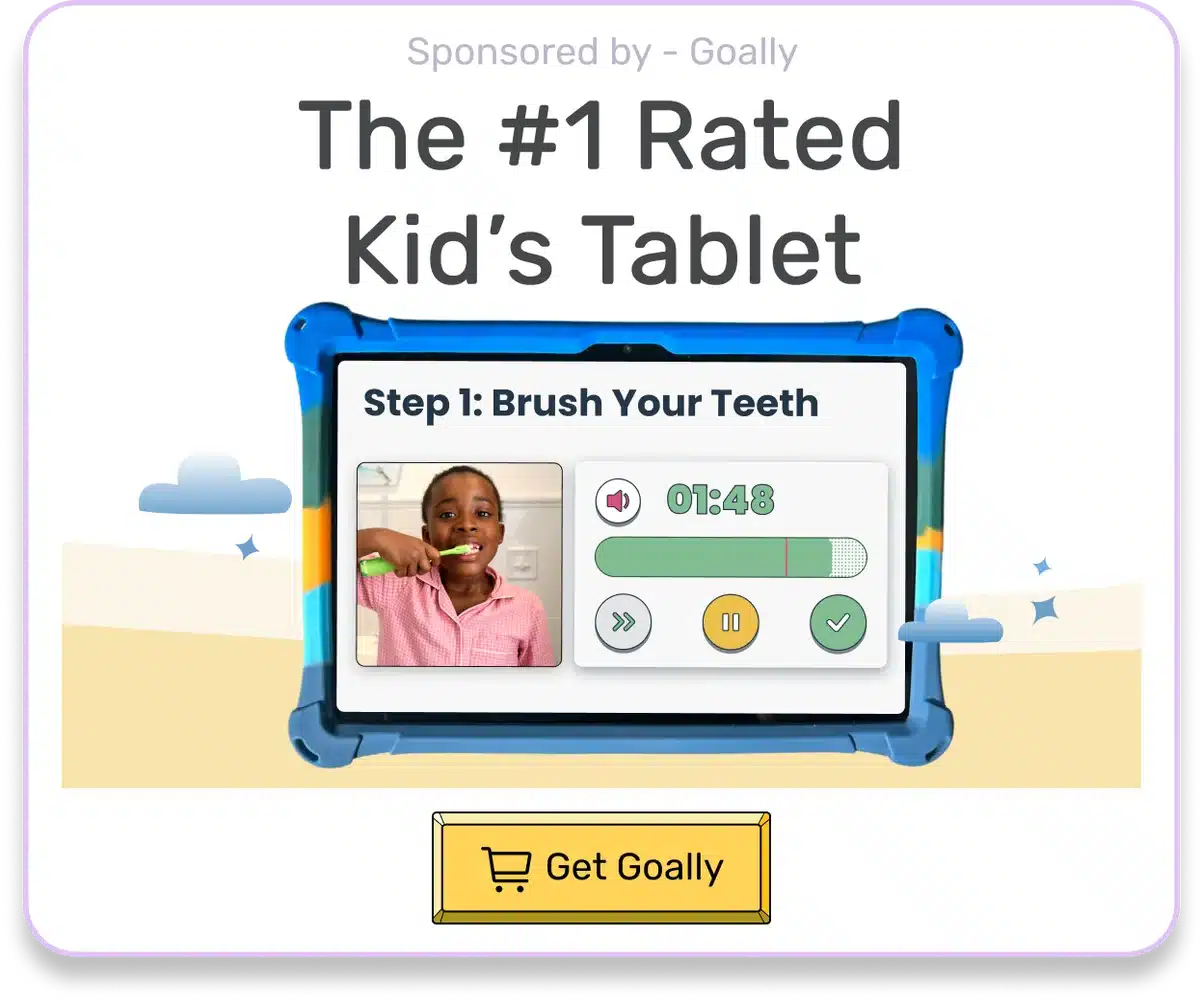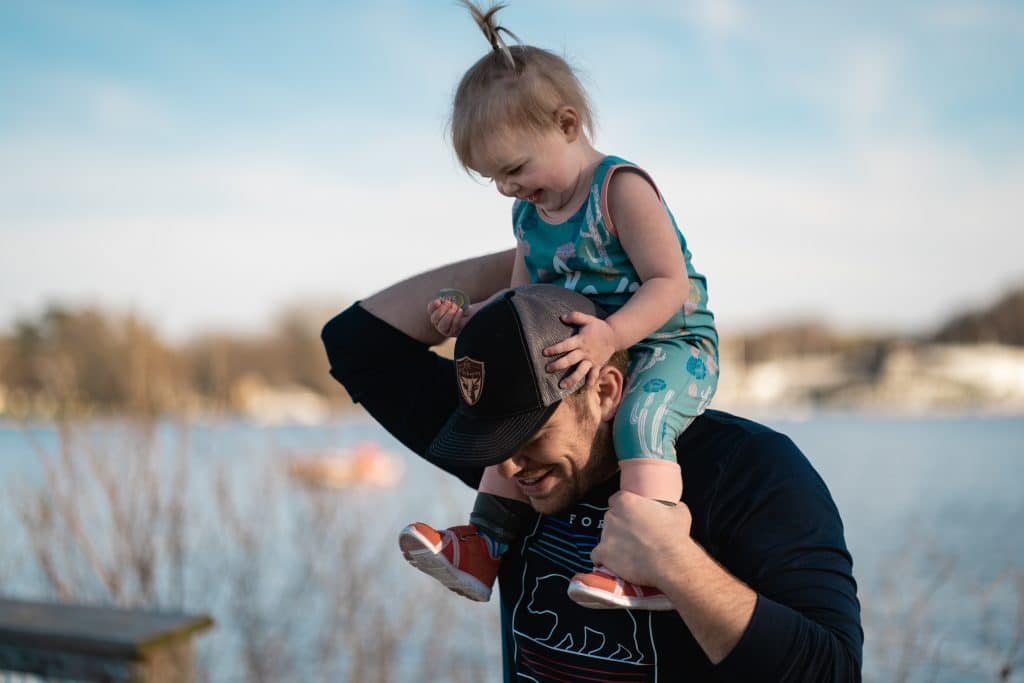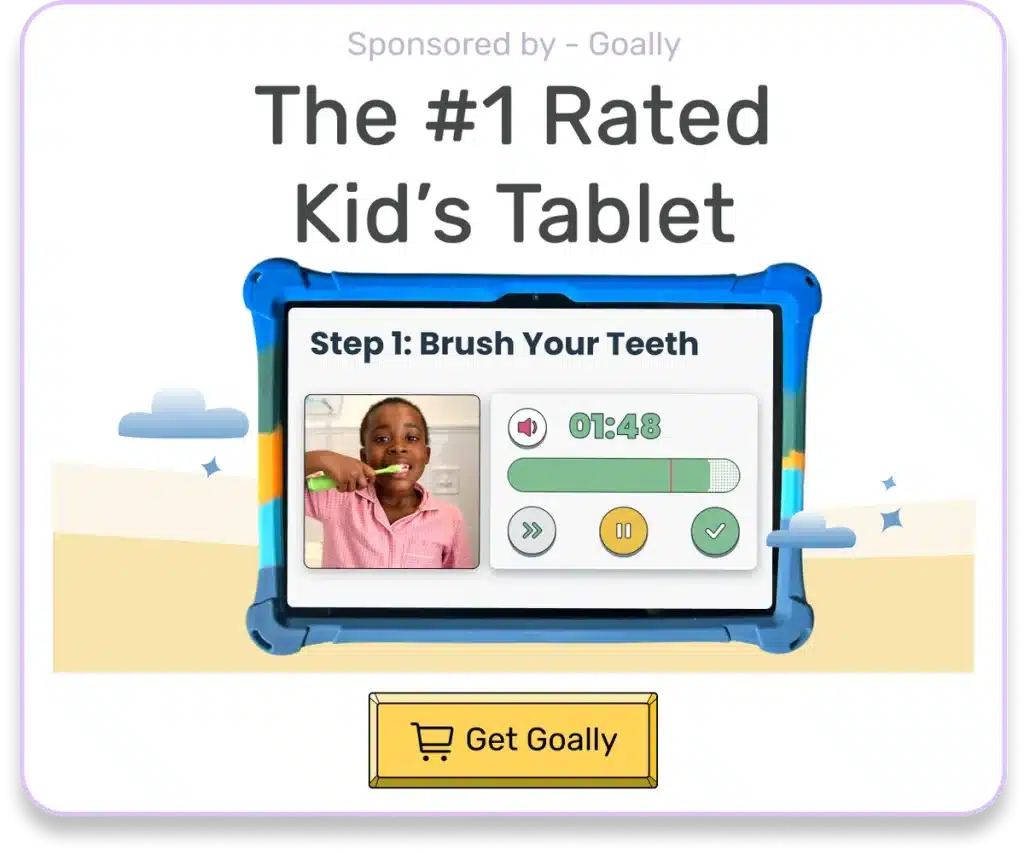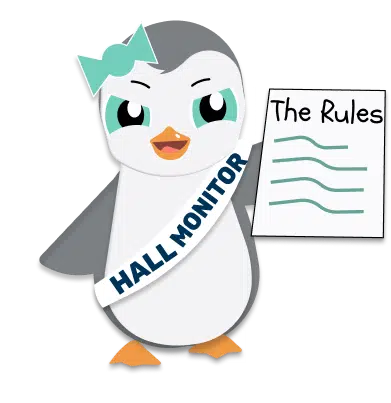As a parent, you may be perplexed as to why my toddler hits me but not daddy. This baffling behavior can trigger a mix of emotions, from irritation to confusion. But rest assured, you’re not alone in this puzzling situation. In this post, we’ll delve into the reasons behind your child’s actions, backed by credible research and expert insights. More importantly, we’ll equip you with practical solutions to manage this behavior effectively and foster better communication with your little one.
Table of Contents
Understanding Why Your Toddler Hits and Laughs
There isn’t a one-size-fits-all answer to the question, “why does my toddler hit me but not daddy?” There are several reasons why your toddler might hit you and then laugh. Here are some common explanations:
- Testing boundaries: Toddlers are naturally curious and often test the limits to gauge your reaction. They might hit you and then laugh to see how you respond.
- Seeking attention: Your child may hit you to get your attention, and when they see your reaction, they might find it amusing, causing them to laugh.
- Mimicking behavior: Toddlers learn by observing others. If they’ve witnessed hitting and laughter in their environment, they might imitate it without understanding the implications.
- Inability to express emotions: For some kids with thinking and learning differences, hitting can be a way to communicate feelings they’re unable to express verbally.
- Overstimulation: In certain situations, your toddler might feel overwhelmed, and hitting could be their way of releasing pent-up energy or frustration.
To better understand your child’s behavior, it’s essential to observe them closely, consider their environment, and identify any patterns or triggers. This way, you can tailor your approach to their unique needs and preferences.
Goally | The Safest Tablet for Kids

Strategies to Manage Your Toddler’s Hitting and Laughing
Now that you know some reasons for this behavior, let’s discuss effective strategies to manage it and promote healthier communication and social skills:
- Stay calm and composed: Reacting with anger or frustration might reinforce the behavior. Instead, take a deep breath and maintain a calm demeanor.
- Set clear boundaries: Let your child know that hitting is not acceptable. Use simple language to convey your message, such as “Hitting hurts. We don’t hit.”
- Offer alternatives: Teach your toddler other ways to express their emotions or seek attention, like using words, gestures, or even drawing.
- Model appropriate behavior: Show your child how to interact positively with others by displaying empathy, kindness, and respect in your own actions.
- Reinforce positive behavior: Praise your child when they exhibit desirable behavior, like sharing or using gentle touches. This helps them learn what’s expected of them.
Remember, consistency is key. The more you practice these strategies, the more likely your child will internalize them and develop healthier ways of expressing themselves.
Supporting Neurodivergent Kids: Tailoring Your Approach
For neurodivergent kids, understanding and managing emotions may be more challenging. As a parent, you can take some additional steps to support your child’s development:

Read more: ADHD Child Hitting Parents?
- Seek professional guidance: A pediatrician or child psychologist can offer valuable insights and recommendations tailored to your child’s needs.
- Implement a routine: Consistent routines provide structure and predictability, which can help reduce anxiety and improve behavior.
- Develop social stories: Social stories are a useful tool to help kids with different needs understand social situations and expectations. Create stories that address hitting and the importance of gentle touches.
- Encourage self-regulation: Teach your child calming techniques, like deep breathing or counting, to help them manage their emotions.
- Consider assistive tools: Devices like Goally’s learning tablet can support your child’s growth by offering personalized learning experiences and positive reinforcement.
Fostering open communication and understanding your child’s unique needs will make a significant difference in supporting their growth.
| Reasons for Hitting and Laughing | Strategies to Manage the Behavior | Additional Support for Neurodivergent Kids |
|---|---|---|
| Testing boundaries | Stay calm and composed | Seek professional guidance |
| Seeking attention | Set clear boundaries | Implement a routine |
| Mimicking behavior | Offer alternatives | Develop social stories |
| Inability to express emotions | Model appropriate behavior | Encourage self-regulation |
| Overstimulation | Reinforce positive behavior | Consider assistive tools |

Goally | Apps That Build Behavior & Life Skills for Kids
Want to keep your child motivated while building essential behavior and life skills? Goally’s skill-building tablet is designed to celebrate small wins and help your child grow.
Our Behavior Tracker helps you reward your kiddo for specific skills, like “being kind” or “flushing the toilet.”
By setting clear expectations and rewarding their efforts, you foster a positive environment for your child to flourish in their behavioral skills journey.

Why Does My Toddler Hit Me and Laugh: The Takeaway
Comprehending why your toddler’s aggression is directed at you and not at dad, is pivotal in tackling this conduct. By utilizing the strategies mentioned earlier, you can guide your child towards improved communication and social aptitudes. Keep in mind, every child is individual, hence, exercise patience, and accept that progress may be gradual. A successful parenting voyage, particularly when navigating tough behaviors, requires undying support, consistent methods, and an abundance of love.
FAQ’s About Toddler Hitting
Why does my toddler hit me and not daddy? Toddlers often act out their emotions and can form temporary behaviors based on responses they receive, which may vary between parents. How can I handle my toddler hitting me and not their dad? Consistent communication about appropriate behavior, teaching expression of feelings, and collaborating with the other parent on discipline strategies can be beneficial. Does my toddler hitting only me indicate a behavioral problem? Not necessarily. It could be a phase or a response to situational factors. If the behavior continues or escalates, consulting a healthcare provider is recommended. What tools can help my toddler express themselves without hitting? Visual schedules, emotional regulation apps, or rewards for positive behavior can be effective tools for helping your toddler. How important is patience when dealing with a toddler who hits only one parent? Patience is crucial. Behavioral changes take time, and react calmly and consistently can help reinforce better behavior.
This post was originally published on 05/08/2023. It was updated on 01/04/2024.

Goally
We help parents teach their kids life skills, like doing bedtime and morning independently. Backed by science, we incorporate evidence-based practices and expert-informed designs in all of our apps and content.






